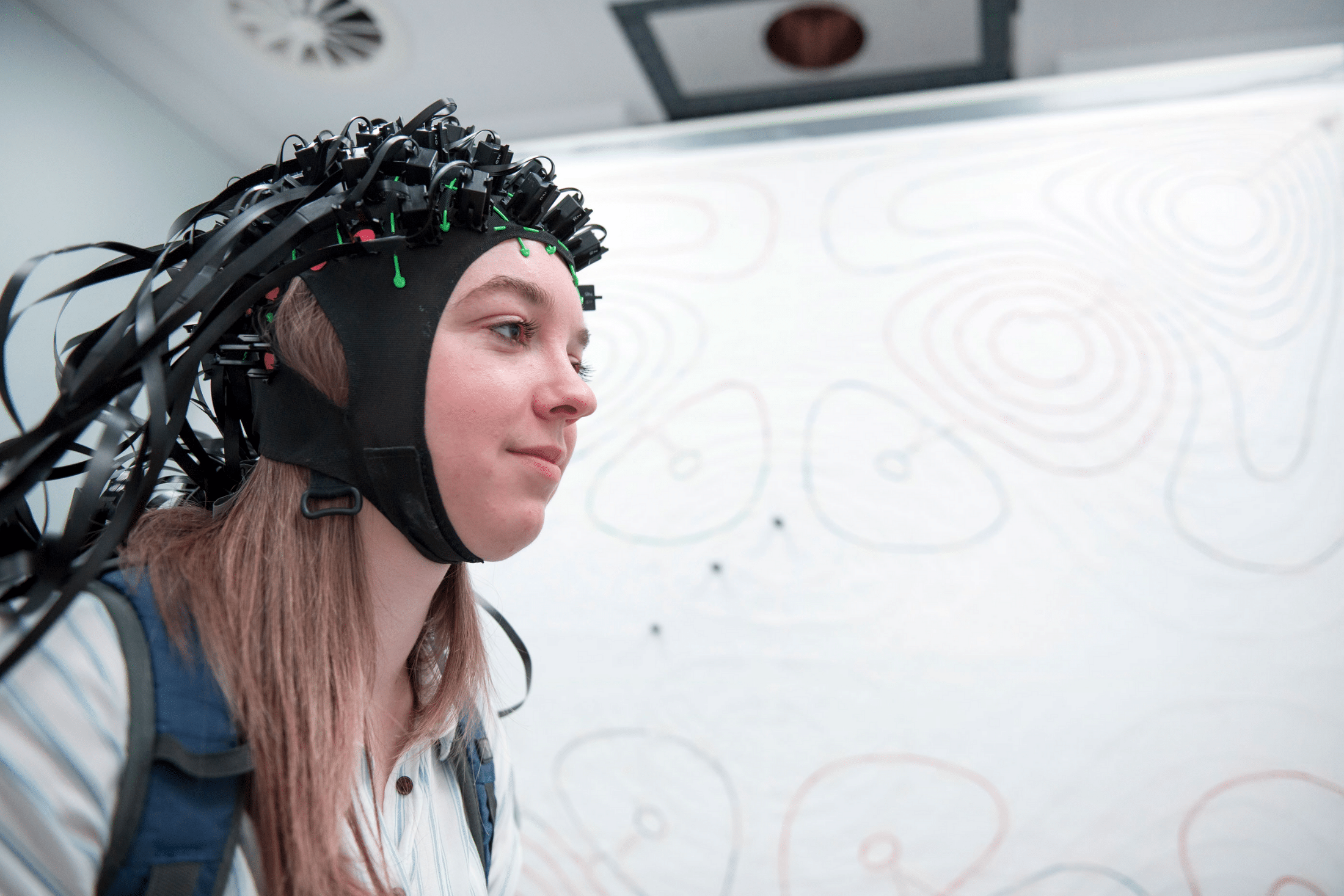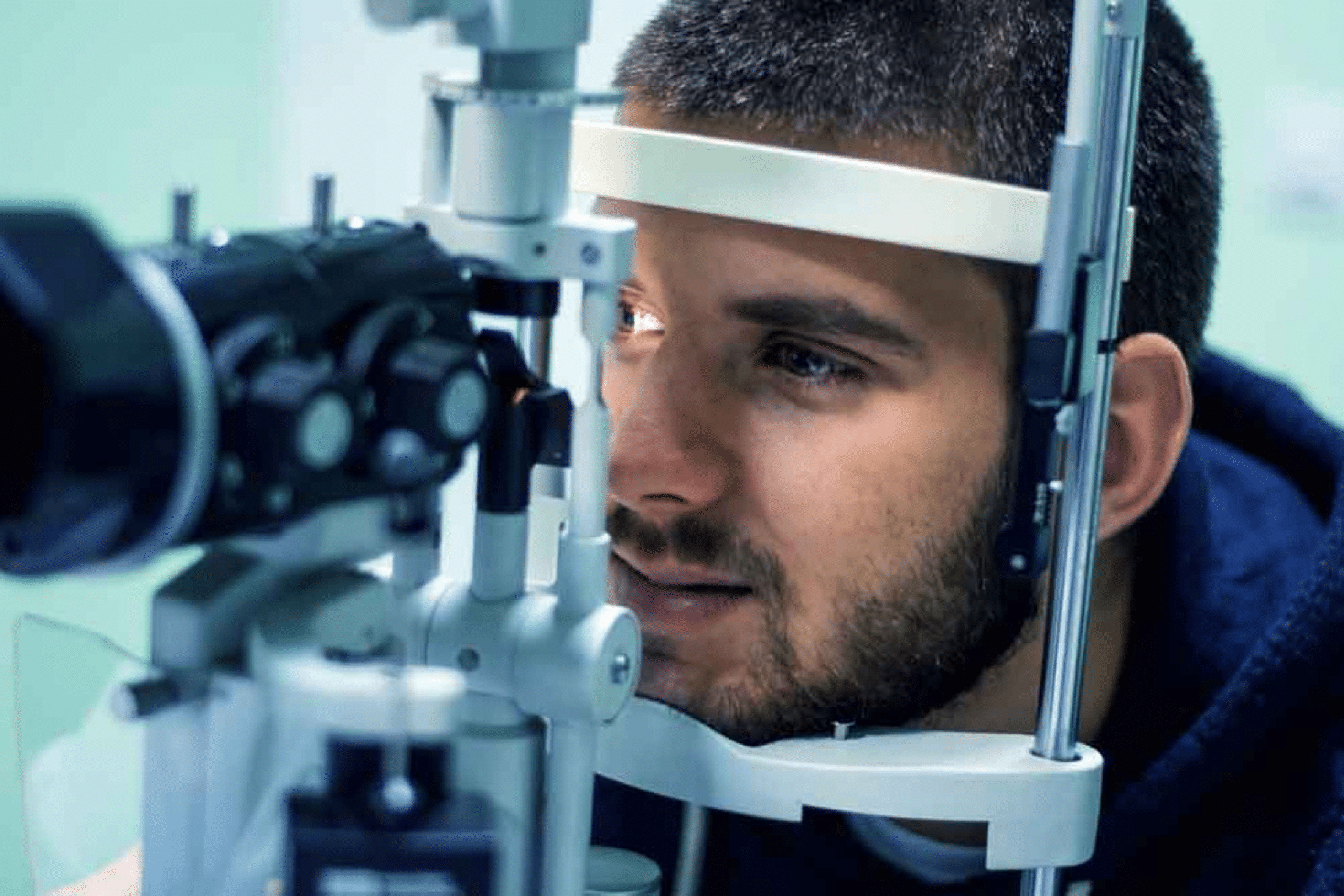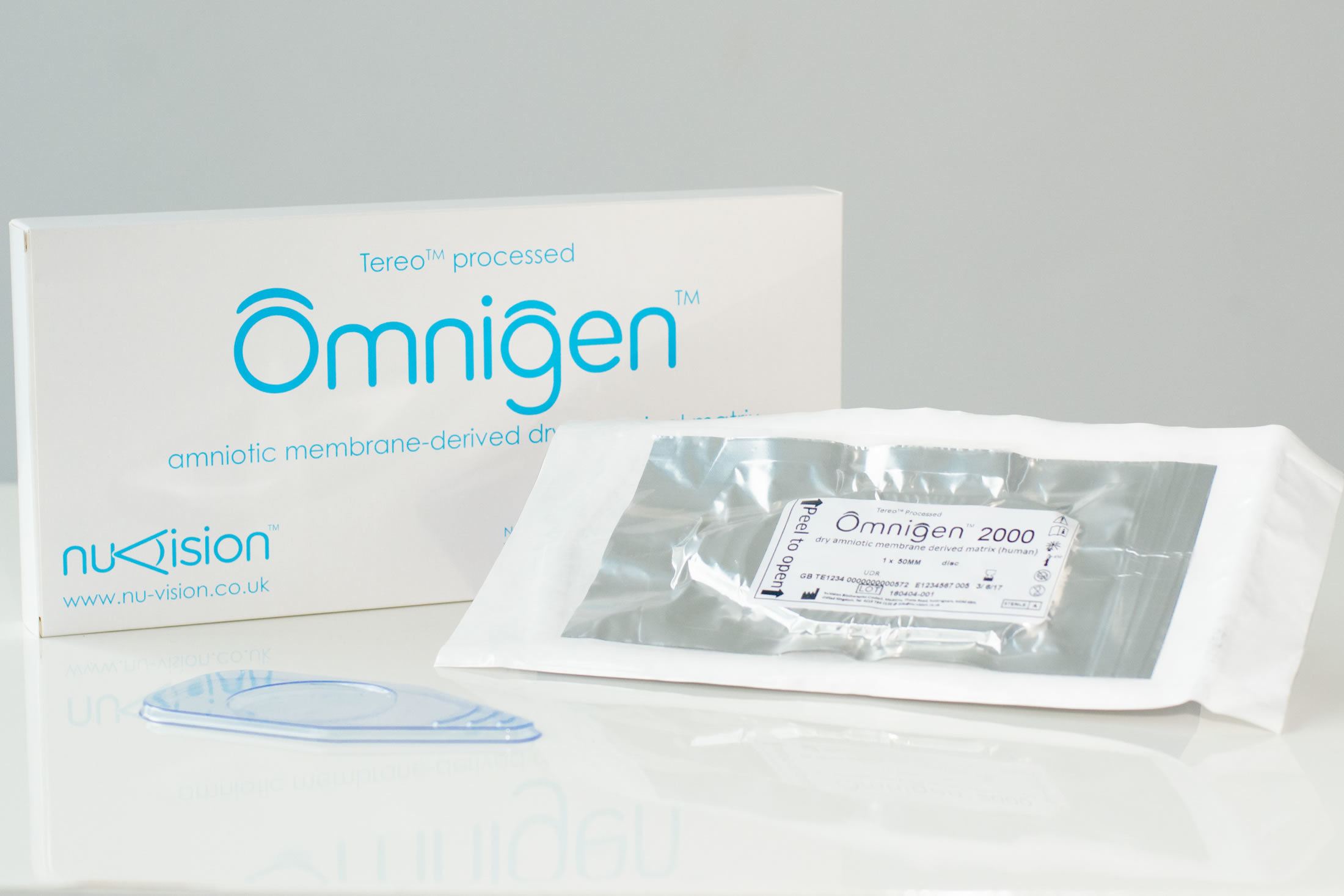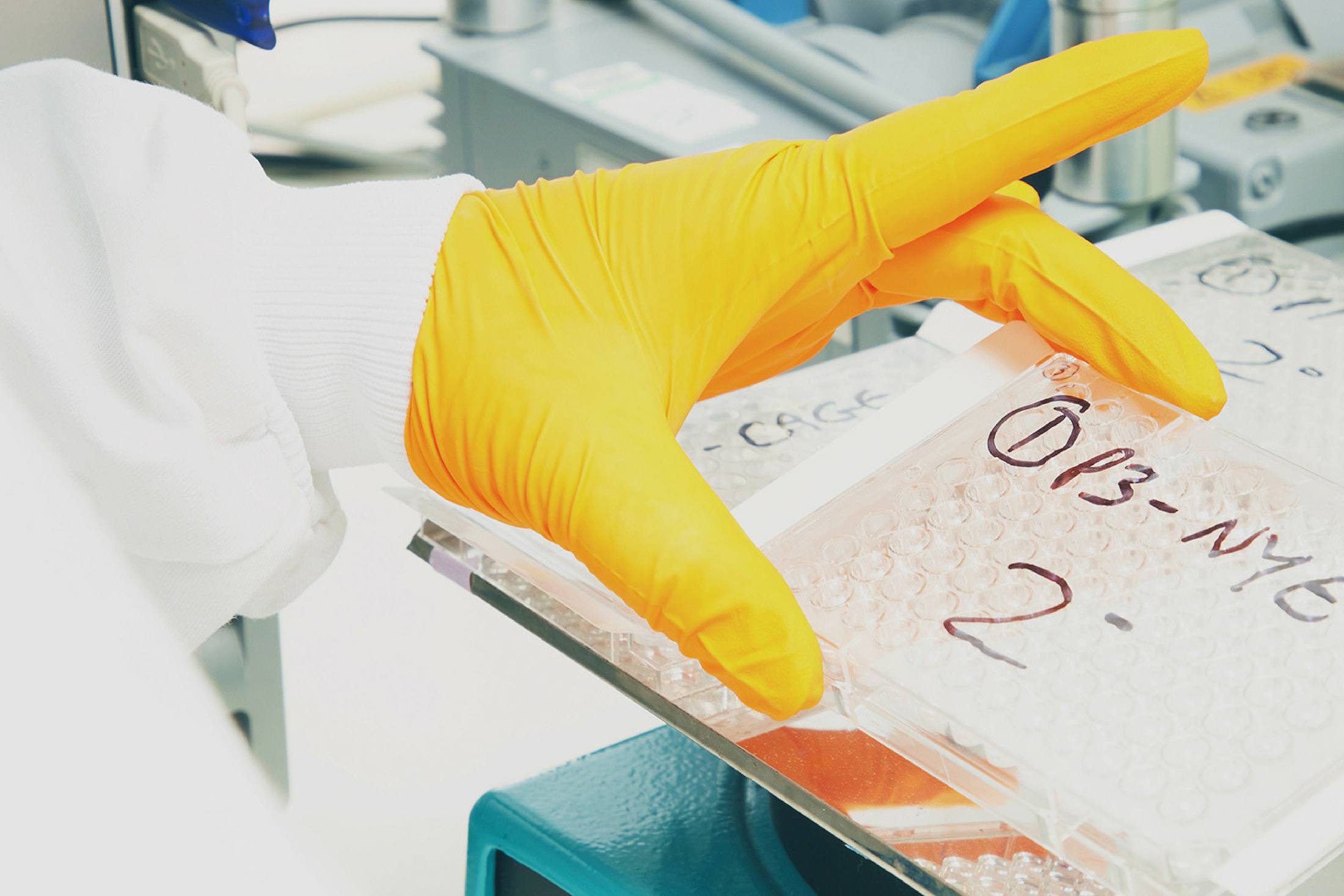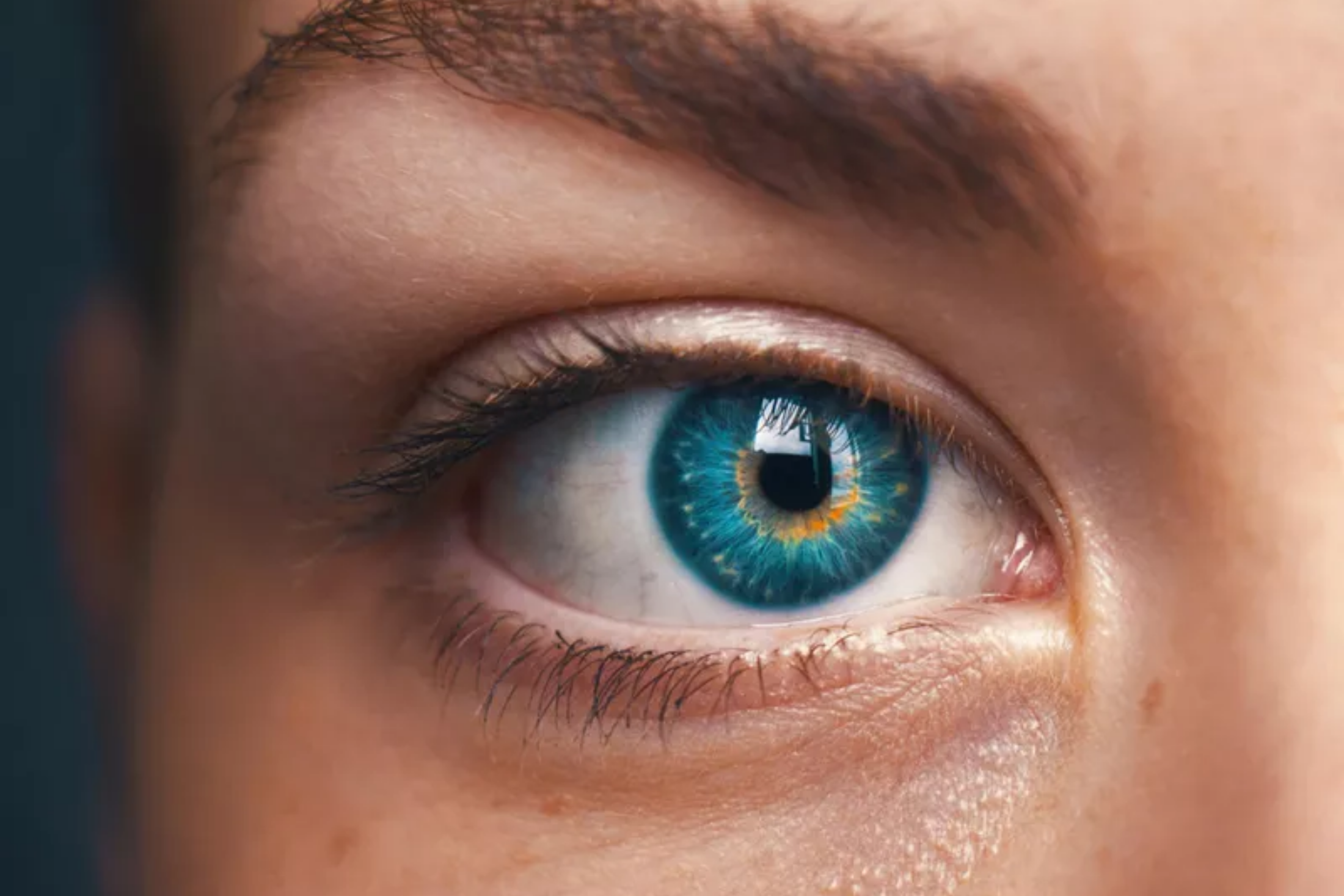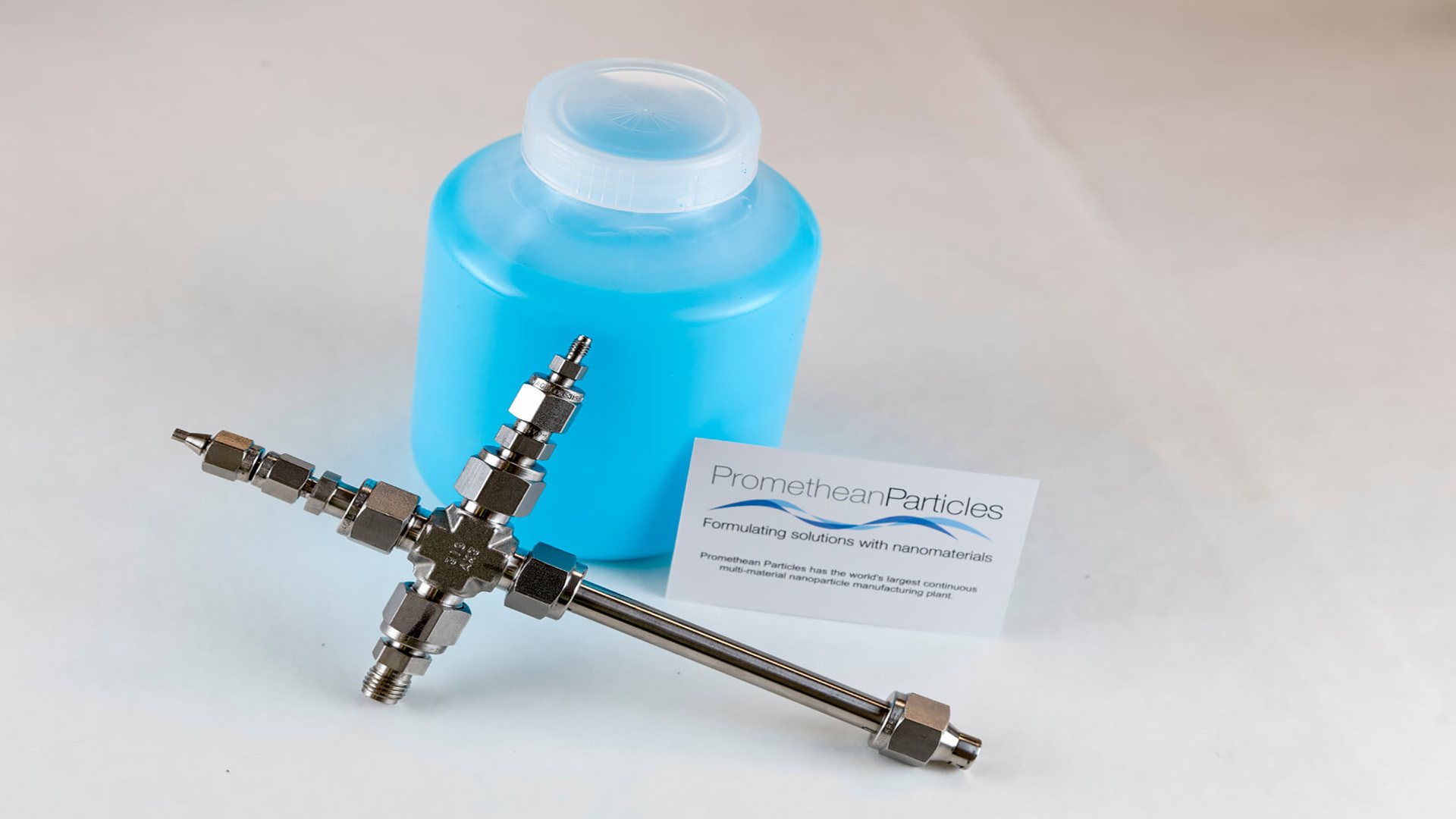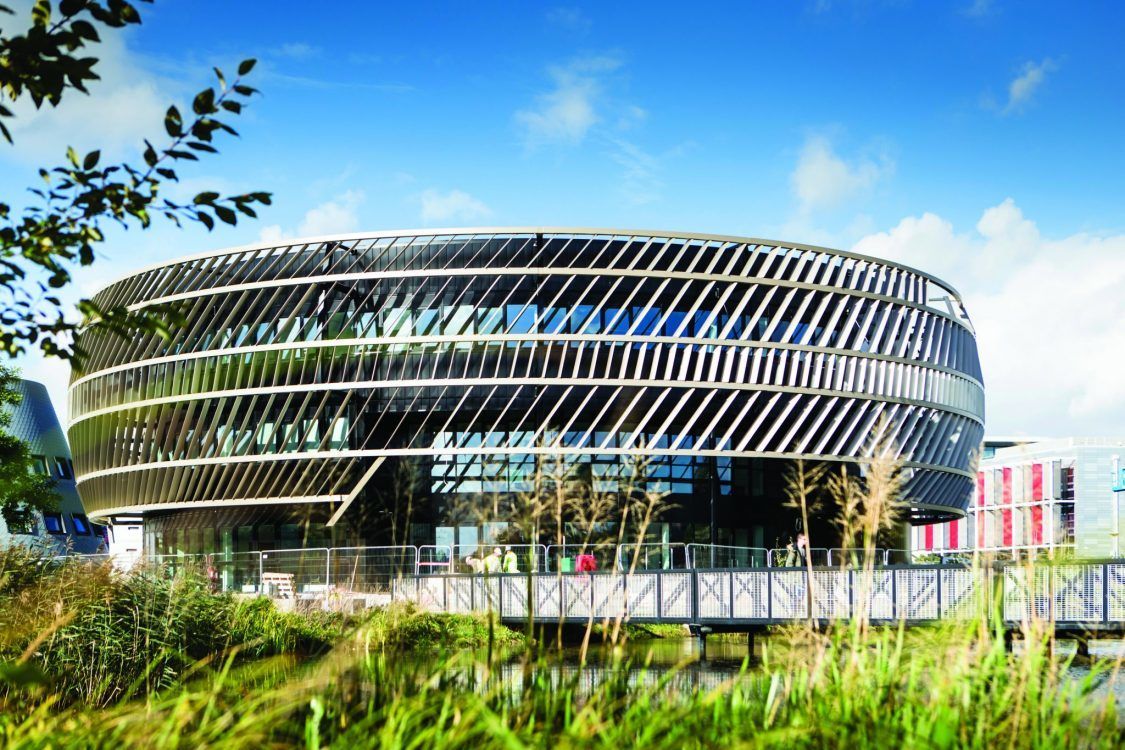Researchers have been awarded almost £1m to use a wearable brain scanner to help pinpoint the source of epileptic seizures in children.
Professor Matthew Brookes and his team at the University of Nottingham will work alongside partners at UCL, Great Ormond Street Hospital, and Young Epilepsy. This team are already working to develop a system for young adults and older children. The new funding will support further development of this helmet-like brain imaging device, to measure electrical brain activity non-invasively in children as young as one year old. Having developed the system for healthy children, they will deploy it in infants with epilepsy.
This new type of brain scanner, which employs quantum enabled sensors to measure magnetic fields above the scalp (a process termed magnetoencepaholography (MEG)) could help to pinpoint the source of epileptic seizures in the brain, offering new information which will be extremely useful to neurosurgeons.
The project is supported through a £900,000 Healthcare Impact Partnership grant and is among 20 innovative projects announced to revolutionise healthcare and improve treatments for millions of people with a wide range of conditions, and save the NHS money.
The projects are supported by £30.8 million of funding by the Engineering and Physical Sciences Research Council (EPSRC), part of UK Research and Innovation (UKRI). Four projects were co-funded by UKRI’s Medical Research Council (MRC).
“There is excellent evidence that a MEG scan can help improve outcomes, post surgery, for adults with epilepsy, but the current generation of MEG instrumentation has limited spatial precision and is very difficult to deploy in infants. We believe our new quantum enabled device will offer significantly better spatial precision, and will be adaptable to infants as young as 1 year old. This could prove hugely valuable for assessment of patients suffering with this debilitating disorder.” Professor Matthew Brookes who leads the MEG research at the University of Nottingham.
EPSRC Executive Chair Professor Dame Lynn Gladden said: “Technologies and approaches pioneered by UK researchers have the potential to revolutionise treatment for a wide range of conditions, from bowel cancer to diabetes. The projects announced exemplify this potential and may play a key role in improving the lives of millions of people.”
The funded projects include:
- Two EPSRC programme grants – Terabotics and Beyond Antibiotics – funded with a £14.5 million investment
- Four projects funded by EPSRC and MRC through sandpit grants for novel digital technologies for improved self-monitoring and health management, with an investment of £1.6 million
- Seven Healthcare Impact Partnerships funded with a £7 million EPSRC investment. This call supports novel mathematical, engineering, ICT and physical sciences research that is aligned to the Healthcare Technologies theme strategy and contributes to at least one of the Healthcare Technologies Grand Challenges
- Seven NetworkPlus grants funded with a £5.7 million investment. The grants aim to support research communities that address our priorities for transforming healthcare including:
- technologies to improve healthcare treatment;
- affordable and inclusive healthcare solutions
- healthier environments
- new digital healthcare systems.
Visit https://www.cercamagnetics.com/ for more information about this project.

